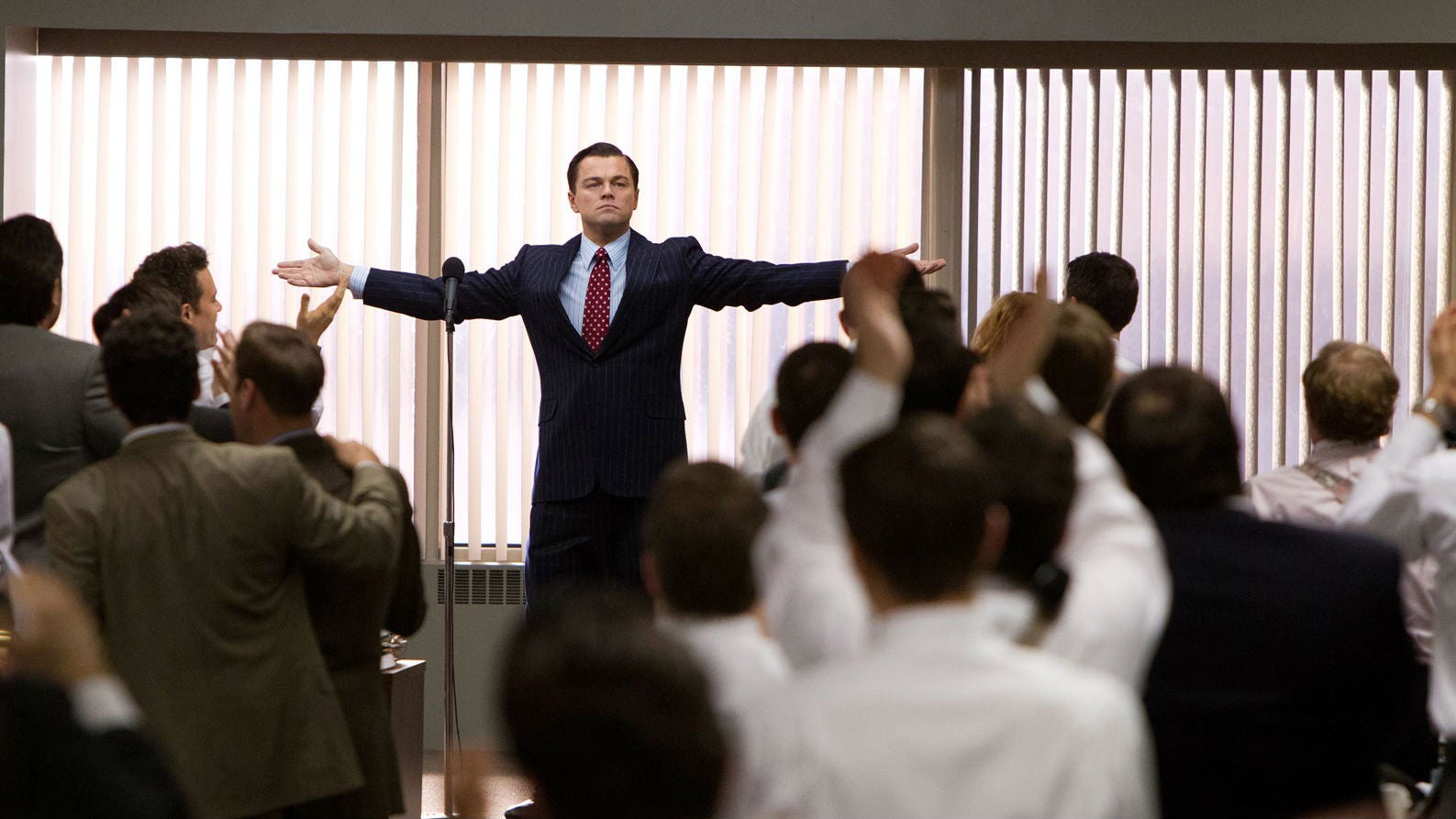CEO sets a minimum wage of $70,000 for everyone in his company
“Is anyone else freaking out right now?” said Dan Price, the owner of a small Seattle-based credit card processing company, to a room full of his employees after he informed them of his new salary policy. “I’m kind of freaking out.”


“Is anyone else freaking out right now?” said Dan Price, the owner of a small Seattle-based credit card processing company, to a room full of his employees after he informed them of his new salary policy. “I’m kind of freaking out.”
The New York Times ran a story on April 13 about how Price, the founder and CEO of Gravity Payments, read a research paper arguing that people who make less than $70,000 can truly become happier by earning more money. Price then decided to simply raise everyone’s salary to a minimum of $70,000, even the employees lowest on the corporate ladder.
According to the Times, Price’s company, which he started over a decade ago when he was 19, has 120 employees. Seventy of them will see their salaries increased, and 30 will actually have their salaries doubled by the new policy. Thanks, research!
To help pay for the raises, Price will drop his own salary to $70,000 from $1 million, and redirect a good chunk of the company’s expected profits this year towards them.
“The market rate for me as a CEO compared to a regular person is ridiculous, it’s absurd,” Price told the Times. In the US, an executive makes over 350 times the salary of an average worker ($12,259,894 to $34,645). In 2013, it took the average McDonald’s worker seven months to earn what its CEO Don Thompson made in an hour.
Price seems to be killing two birds with one stone. Not only is he making a statement on the enormous wage gap between executives and their employees, but he’s also, in a way, enacting his own minimum wage reform.
“Everyone is talking about this $15 minimum wage in Seattle and it’s nice to work someplace where someone is actually doing something about it and not just talking about it,” Hayley Vogt, a 24-year-old employee who earned $45,000, told the Times.
Twenty-three US states will increase their minimum wage this year. Seattle raised its minimum wage to $15 per hour, easily the highest in the country. As millions of workers both in the US and around the world call for an increase in wages, politicians seem to be responding, if only in piecemeal fashion. But at least one CEO, publicity stunt notwithstanding, is taking matters into his own hands.